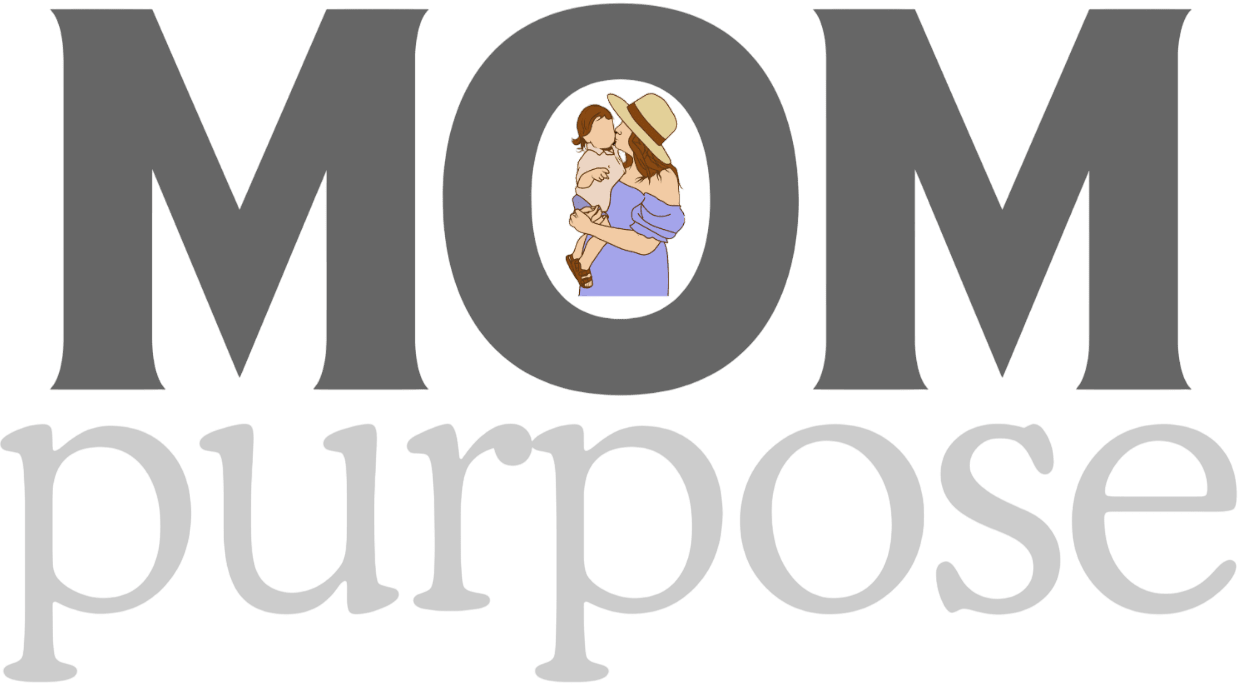Introduction: Why Choose Montessori for Homeschooling?
When I first thought about homeschooling my child, I felt a bit lost. I wanted a way to help them stay curious, be independent, and enjoy learning. That’s when I found the Montessori homeschool curriculum. It wasn’t just a teaching method—it was a philosophy that matched exactly what I wanted for my child’s education.
If you’re thinking about homeschooling, you’ve likely heard of Montessori. But what makes it different? And how do you pick the best Montessori curriculum for your child? In this article, I’ll share everything I’ve learned, from the basics of Montessori to reviews of the best curriculums out there. Let’s get started!
Table of Contents
What Makes the Montessori Method Unique?
Understanding Montessori Principles
The Montessori method is centered around self-directed learning and hands-on activities. I’ve found that it’s not just about academics but about fostering life skills and critical thinking. For example, Montessori classrooms—or in this case, your homeschool—are designed as prepared environments, allowing children to explore and learn at their own pace. This method emphasizes intrinsic motivation rather than external rewards.
Montessori vs. Traditional Education
When I compared Montessori to traditional education, the differences were stark. Traditional methods often rely on rote learning and standardized testing, while Montessori focuses on individualized learning plans. The hands-on approach, combined with an emphasis on practical life skills, ensures that children remain engaged and develop a deeper understanding of concepts.

Benefits of Montessori Homeschool Curriculum
Tailored to Your Child’s Pace
One of the things I love most about the Montessori homeschool curriculum is how it adapts to my child’s unique learning speed and interests. Whether they’re diving into math or exploring the natural world, the curriculum provides opportunities for personalized growth. This flexibility has helped my child develop a love for learning that’s truly inspiring.
Development of Practical Life Skills
Montessori homeschooling incorporates activities like cooking, cleaning, and organizing into daily lessons. At first, I was skeptical about including these tasks in our routine, but I’ve seen how they build independence and confidence in my child. Practical life skills are just as important as academic knowledge.
Holistic Approach to Learning
Montessori emphasizes the whole child—intellectual, emotional, and social development. For instance, science lessons might include hands-on experiments, while cultural studies could involve art and music. This well-rounded approach has been instrumental in keeping my child engaged and curious.
Key Elements of an Effective Montessori Homeschool Curriculum
Core Components
An effective Montessori homeschool curriculum should include:
- Practical life activities: Tasks like pouring, buttoning, and sweeping.
- Sensorial exercises: Tools like puzzles and color-matching games.
- Language and math materials: Activities designed to build foundational skills.
- Science, geography, and cultural studies: Engaging lessons that broaden a child’s worldview.
Materials and Tools
Investing in the right materials is key. I’ve found that wooden toys, puzzles, and manipulatives are essential for hands-on learning. Additionally, many online platforms offer printable resources tailored to the Montessori approach.
Structuring Your Day
Creating a balanced schedule is crucial. I start our day with structured activities, like math or reading, and leave the afternoon open for child-led exploration. This balance ensures that my child stays focused while still having the freedom to pursue their interests.
Top Montessori Homeschool Curriculum Options
1. Montessori Compass
Montessori Compass offers a comprehensive digital platform with lesson plans and progress tracking. I’ve found it particularly helpful for organizing our daily activities. Some key features include detailed activity guides and a parent dashboard. While it’s slightly pricier, the convenience makes it worth considering.
2. NAMC’s Montessori Homeschool Program
The North American Montessori Center provides a complete curriculum designed for homeschooling families. With access to Montessori-certified materials and training resources, this program is ideal for parents who want a more structured approach.
3. The Good and the Beautiful Montessori Bundle
If you’re looking for an affordable option, this bundle is a great choice. It includes a mix of physical and digital resources, making it easy to get started without a huge upfront investment.
4. Guidepost Montessori’s Online Program
Guidepost combines online learning with hands-on materials delivered to your home. I appreciate its flexibility, as it caters to children of different ages and learning levels. The program’s interactive lessons have been a big hit in our household.
5. DIY Montessori Curriculum
Creating your own Montessori curriculum can be a rewarding experience. I’ve used everyday items like beans for counting exercises and created DIY versions of Montessori’s iconic pink tower. Not only is this approach budget-friendly, but it also allows for complete customization.

How to Choose the Best Montessori Homeschool Curriculum
Assess Your Child’s Needs
Every child is different, so it’s important to choose a curriculum that aligns with their interests and developmental stage. For example, younger children may benefit from more hands-on activities, while older ones might prefer advanced subjects like science and geography.
Budget Considerations
Cost is always a factor. While some programs, like Montessori Compass, require a significant investment, others—like DIY options—are more affordable. I recommend starting with a mix of purchased materials and homemade tools to see what works best for your family.
Support and Resources
Don’t underestimate the value of a supportive community. Online forums and local homeschooling groups have been invaluable in my journey. Many curriculum providers also offer training and support to help parents navigate the Montessori method.
Common Challenges and How to Overcome Them
Balancing Structure with Flexibility
Finding the right balance between structure and flexibility can be tricky. I’ve learned to set clear goals for each day while allowing my child the freedom to explore topics that interest them. This balance has made our homeschooling experience much smoother.
Access to Materials
Quality Montessori materials can be expensive, but there are ways to save. Look for second-hand items, or consider making your own. For example, I’ve created sandpaper letters and counting beads using simple craft supplies.
Staying Consistent
Consistency is key in Montessori homeschooling, but it’s not always easy. To stay on track, I’ve developed a weekly plan and set aside specific times for homeschooling. When I feel overwhelmed, I remind myself of the long-term benefits for my child.
FAQ: Montessori Homeschool Curriculum
What is the best age to start Montessori homeschooling?
From my experience, the ideal age is around 2.5 to 3 years, as this is when children enter the sensitive period for order and independence. However, it’s never too late to start.
Can Montessori homeschooling work for multiple children?
Absolutely! The Montessori method is designed to accommodate multi-age groups. In my home, I’ve set up different learning stations to keep everyone engaged.
Is a Montessori curriculum suitable for high school students?
While Montessori is typically associated with younger children, its principles can be adapted for older learners. Focus on project-based learning and real-world applications to keep teens engaged.
How do I know if Montessori homeschooling is right for my child?
Pay attention to your child’s learning style. If they thrive in hands-on, self-directed environments, Montessori might be an excellent fit.

Conclusion: Nurturing Your Child’s Potential with Montessori
Choosing a Montessori homeschool curriculum has been one of the best decisions I’ve made for my child’s education. The emphasis on independence, practical skills, and holistic learning has set a strong foundation for their future. Whether you opt for a pre-made program or create your own, the key is to stay flexible and responsive to your child’s needs. Start your Montessori homeschooling journey today and watch your child’s potential unfold!

